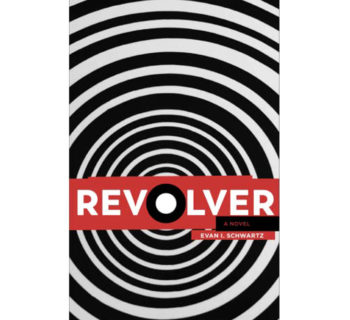I once had a potential client come to me complaining about a music attorney she had hired. She said the attorney did not respond quickly to her calls, was sometimes hostile, and charged her more than she had anticipated. It turns out this client had done very little to determine if this music lawyer was the right one for her.
RAPPORT: If at all possible you should meet in person with the attorneys you are considering hiring. Even if the attorney is highly qualified, you don’t want to retain him or her if you don’t feel comfortable with how the lawyer treats and communicates with you.
Ask yourself if you want to be represented by the attorney in light of his or her personality and behavior.
BACKGROUND AND EXPERIENCE: You should determine if the attorney had recent experience negotiating the type of deals you are hiring him or her to negotiate. Don’t hire an attorney who specializes only in country music artists to represent you if you are a rock act. You would want to know the educational background of the lawyer, how long he or she has been practicing music law, what clients he or she has represented, and whether or not the lawyer seems interested in your career. Most lawyers have websites that you can check for credentials. Also, you can usually find out if the lawyer has complaints against him or her from their state bar association.FEES: If you are paying by the hour you certainly need to know the hourly rate and billing practices of the lawyer. And you need to have a signed retainer agreement before the attorney commences work. Experienced music lawyers in major cities such as L.A. or New York generally charge $400 an hour and up. You will also want to know what their retainer deposit is.
If you cannot afford the lawyers hourly fee, explore alternatives such as paying a percentage of the deal, waiting until the deal closes to get paid, etc.
SHOPPING:In the context of this article, “Shopping” means retaining a lawyer to try and get a client a recording or publishing contract. Usually, this is done by a lawyer on a contingency fee basis (for instance, it is common for a lawyer to charge 5% of the amount of the deal, plus another 5% if the lawyer finds the deal for the client).
I have been contacted by many potential clients who want a music lawyer to shop them. Not many music lawyers spend a lot of time shopping new artists. If you are a new artist and are only looking for a lawyer to shop you, let the potential music attorney know this right away so you don’t waste time.
Many music lawyers do not Shop new artists because it is usually a longshot, at best. But if you establish a relationship with a music lawyer, he or she may make connections for you as opportunities arise.
For instance, if I have an unsigned client who I think has potential, I might introduce them to a manager or producer I think they might want to work with.
GLENN LITWAK is a veteran entertainment attorney based in Santa Monica, CA. He has represented platinum-selling recording artists, Grammy-winning music producers, hit songwriters, management and production companies, music publishers and independent record labels. Glenn is also a frequent speaker at music industry conferences around the country, such as South by Southwest and the Billboard Music in Film and TV Conference. Email Litwak at [email protected] or visit glennlitwak.com.











